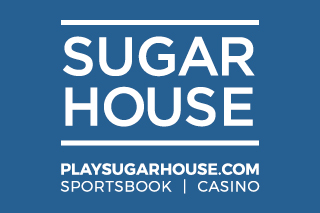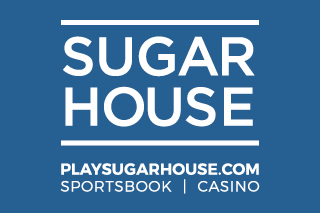Figures collected by PlayPennsylvania.com show that the legalization of sports betting and online gambling has already generated over $395.8 million for the state.
Certainly that money hasn’t come from extra gaming taxes, at least not yet. So far only three casinos have launched sports betting and none have launched online gaming.
It is the total of all the upfront fees paid by licensed casinos under the new laws. The casinos have paid fees for:
- Permission to operate new mini-casinos—up to $50 million for a single license, $128 million in total.
- Licensing fees for online gaming—$4 million per license or $10 million for a package of three, $94 million in total.
- Licensing fees for live and online Pennsylvania sports betting—at $10 million per license, six licenses granted totals $60 million.
- Casino licensing—a total of $78 million.
On top of these license fees, the PA online lottery has offered new games and daily fantasy sports (DFS) has generated new revenues:
- $23 million in revenue from online lotto games ($19.6 million), keno ($3.6 million), and virtual sports ($87,000) to the end of October.
- $1.4 million from DFS.
Jessica Welman, analyst for PlayPennsylvania.com, commented:
“If the point of the expansion was to fill short-term gaps in the state’s budget, then the expansion would have to be considered a success so far.
Above all, she cautioned that this early revenue boost may not indicate long-term success:
“We believe that the gambling expansion will eventually prove to be a winner for the state’s budget, but the long-term picture is less certain. More casinos and sportsbooks must open before we get a clear picture of whether Pennsylvania’s relatively steep tax rates and license fees will produce the desired outcome.”
Early success but cautious optimism for the future
Pennsylvania passed its new gaming laws at the end of October 2017. In May this year, the Supreme Court overturned the Professional and Amateur Sports Protection Act to allow state-regulated sports betting.
Pennsylvania immediately jumped in to add sports betting to its legal gambling regime.
Most noteworthy, the two things Pennsylvania needs in order to get a meaningful long-term tax revenue stream are:
- Existing bettors to switch from black market offshore sites
- New customers to start wagering at casinos and online sites
Therefore the new gambling laws must create successful casino business that has the revenues to pay a lot of taxes.
High tax rates are the big risk to this outcome. Pennsylvania charges 36 percent taxes on sports betting, and 54 percent on online slots. Such high rates might make the legal market non-competitive with the black market.
New Jersey is making better than expected revenues from its newly legalized sports betting market, but it has the benefit of much lower taxes.
New Jersey operators pay 9.75 percent on live sports betting revenues and 13 percent for online revenues.
Even more, at 17.5 percent, New Jersey online slots taxes are less than a third of Pennsylvania’s rates. It is an open question as to whether Pennsylvania can match New Jersey’s success.
Dustin Gouker, lead sports betting analyst for PlayPennsylvania, takes a positive view:
“The addition of retail sports betting should help buoy a slowing Pennsylvania casino industry. If New Jersey is any indication, though, the more significant revenue generator will be online sports betting. A successful rollout there should generate millions of dollars in tax revenue for the state.”
Get A $250 Bonus at SugarHouse Sportsbook
-
 Visit SugarHouse Sportsbook
Visit SugarHouse Sportsbook- $250 Bonus100% First Deposit Match
- SugarHouse Sportsbook Review
- Up To $250 First Deposit Bonus
- Use Our Links and Code: PLAY250
- Bet On NFL + More
PlayPennsylvania produces detailed gaming revenue figures
PlayPennsylvania revenue figures are prepared from a combination of official statistics and estimates based on iLottery, keno, and virtual sports sales numbers.
The detailed numbers are available here.
The post Pennsylvania Is Reaping The Financial Rewards Of Gambling Expansion appeared first on Play USA.
